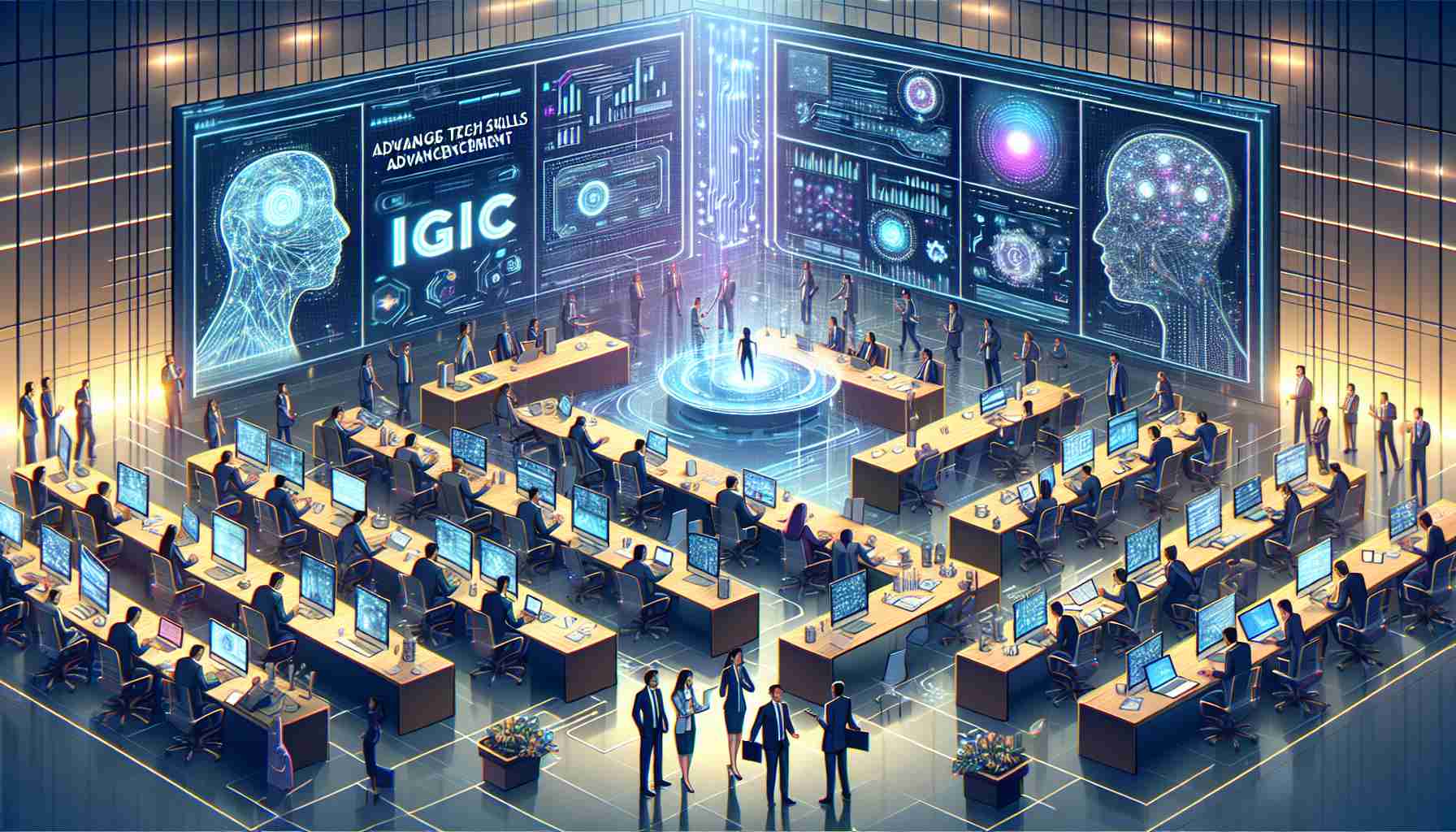Bengaluru Witnesses Milestone Event to Propel Tech Innovation and Skilling
The India Global Innovation Connect (IGIC) 2024 recently concluded with influential leaders highlighting the urgent need for India to advance its skill development, focusing on artificial intelligence (AI), machine learning, data science, and cybersecurity. Amitabh Kant, India’s G20 Sherpa, stressed the crucial necessity for aligning engineering education with the rapidly evolving industry requirements.
Engineering Curriculum Reforms to Cater to Tech Industry Needs
A key takeaway from the IGIC 2024 was the advocated reform in the engineering curriculum to prepare skilled engineers to meet the burgeoning industry demands in cutting-edge technologies. The next five years are pivotal, with the government emphasizing skilling and apprenticeships to generate a host of new employment opportunities.
International Experts Laud India’s Innovation Leap
Claude Smadja, Chairman of Smadja & Smadja Strategic Advisory, recognized IGIC 2024’s role in fostering international cooperation within the digital and startup landscapes. The event brought together experts from various countries to exchange technology insights, with the overwhelming response setting the tone for an even more impactful IGIC 2025.
Renewed Enthusiasm in Indian Tech and Entrepreneurship
Soumitra Dutta, Dean and Professor at Said Business School, Oxford University, underscored India’s surge in technology and entrepreneurship, fueled by favorable economic policies and a dynamic youth culture eager for innovation. India is increasingly seen as a hotbed for exceptional software talent.
IGIC as a Catalyst for Global Tech Synergies
The event conducted by Smadja & Smadja Strategic Advisory, in conjunction with the Karnataka Digital Economy Mission, sparked dialogues about disruptive technologies and business partnerships. It garnered support from several international organizations, playing host to over 400 participants and bringing global industry leaders, startup pioneers, and policy experts together to explore collaborative opportunities in technology and business growth.
Having reviewed the key highlights of the IGIC 2024 as mentioned in the article, there are several relevant facts and questions that are pertinent to the topic. Though not stated outright in the article, these facts are contextual and can provide a deeper understanding of the significance of such events and the shifts in the Indian technology and skills landscape.
Relevant Facts:
– India’s current educational ecosystem, particularly in engineering, may not be sufficiently equipped to handle the rapid changes in AI and tech industries, thus necessitating the curriculum reforms mentioned at IGIC 2024.
– The Indian government has been actively promoting digitalization across various sectors through initiatives like Digital India and Skill India, aiming to enhance the technical skills of the workforce.
– India has one of the largest youth populations in the world, which translates into a potentially huge talent pool for the tech industry.
– There is a global demand for cybersecurity professionals, and India’s focus on this area could help mitigate the international shortage.
Key Questions and Answers:
– What are the most significant challenges in aligning engineering education with industry needs?
One of the main challenges is ensuring that the curricula stay updated with the rapid pace of technological innovations, as academic institutions typically have longer cycles for curriculum changes.
– Why are international experts optimistic about India’s tech innovation and startups?
India’s economy is one of the fastest-growing, with a large domestic market and an increasing number of tech-savvy entrepreneurs. This creates a conducive environment for innovation.
– What could be some controversies or debates surrounding this shift towards advanced tech skills?
There might be concerns about job displacement due to automation and AI, educational inequality, and challenges in ensuring equitable access to new learning opportunities for all demographics.
Advantages:
– Promoting advanced tech skills can lead to higher-paying jobs and economic growth.
– Skilled professionals in AI and tech can contribute to the development of new products and services, fostering innovation.
– Collaboration with international tech communities can enhance India’s global standing in the technology sector.
Disadvantages:
– There may be a digital divide where parts of the population could fall behind due to a lack of access to the necessary technology or education.
– Curating a tech-focused workforce could overshadow other sectors that are also in need of skilled professionals.
– Automation and AI could lead to job displacement in traditional sectors.
Regarding related links, without having verified URLs outside the article content, it is not possible to provide them here. However, commonly pertinent links for such topics could include the official sites of the relevant government initiatives like Digital India or Key Indian Education departments, as well as the respective advisory firms that were involved in the event (i.e., Smadja & Smadja Strategic Advisory). Ensure that any provided URLs are checked for validity and relevance.

